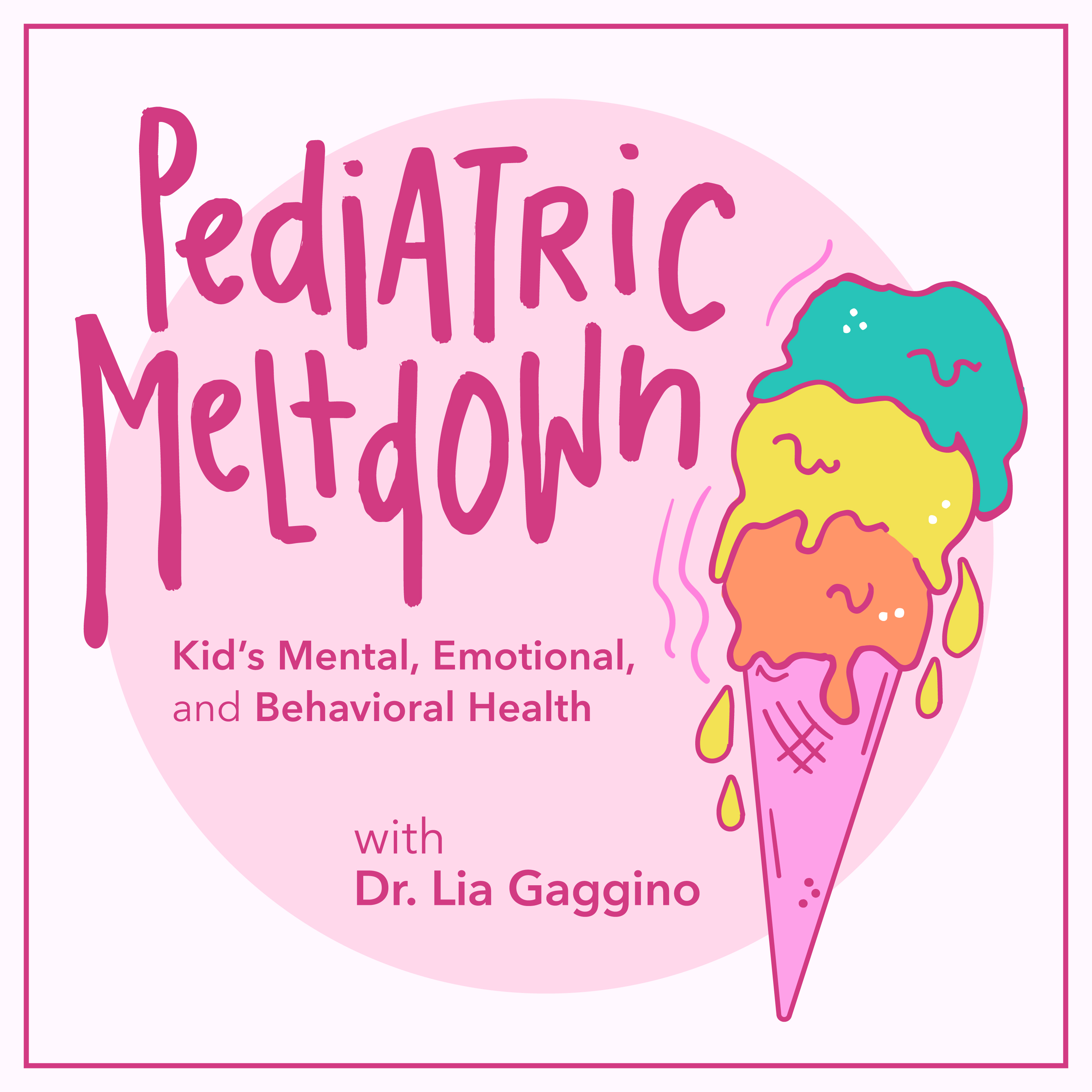
191. Prescribing Psychotropic Medications: The Role of Primary Care
Podcast: Pediatric Meltdown
Autor:Lia Gaggino
Are you navigating the complex world of psychiatric medication management in primary care? Look no further! In this episode of Pediatric Meltdown Dr. Lia talks frankly about the hesitancy of pediatric clinicians to prescribe psychotropic medications as one of the biggest barriers to providing mental health care in pediatric settings. While she acknowledges that pediatricians are not child psychiatrists, Dr. Lia believes that pediatricians have the skills to address common mental health disorders including ADHD, anxiety and depression, and to do it well. She emphasizes the need to be mindful of suicide risk and to screen regularly for suicidal ideation, especially in patients with mental health disorders. And, always consider trauma when assessing for mental health and behavior concerns. When it comes to prescribing medications, get comfortable with a few SSRI’s and both stimulant and non-stimulant ADHD treatments, and before switching from one psychotropic to another, she advises maximizing dosing titration while simultaneously monitoring for side effects. Remember that in your role as a primary care provider, you have an incredible opportunity to impact the stability and quality of life for children facing mental health struggles. For more tips, expert advice and in-depth knowledge, don't hesitate to explore all of the resources available at pediatricmeltdown.com. Know better, do better! [01:26 -03:50] Understanding the Role of MedicationPrimary care providers don't need to be psychiatrists but should be equipped to prescribe SSRIs.Familiarize yourself with a few SSRIs such as fluoxetine, escitalopram, and sertraline and understand their characteristics. It’s vital to maximize doses carefully before switching between medications and to be aware of side effects.[03:51 - 06:18] Navigating ADHD Medication Challenges Not all cases of ADHD are straightforward; comorbid conditions can complicate diagnosis and treatment.Stimulant medications can quickly indicate effectiveness; doses should be carefully adjusted based on response.Monitoring for side effects such as appetite loss, weight changes, and sleep disturbances is necessary.[06:19 - 10:44] Managing Complex Cases and AtypicalsAlways explore the possibility of trauma influencing behavioral symptoms, as it can mimic various conditions.Exercise caution when inheriting a patient on multiple medications; consult specialists rather than abruptly stopping treatment.Monitor physical health markers when prescribing Atypicals like hemoglobin A1C, lipids, and prolactin levels, considering adjunctive treatments like Metformin.Links to resources mentioned on the showEpisode #44 with Dr. Jeffrey Strawn. Anxiety Disorders in Children: Treatment Options https://pediatricmeltdown.com/44-anxiety-disorders-in-children-treatment-pearls/Episode #37 with Dr. Lisa Horowitz. Screening For Suicide Risk Using the Ask Suicide Screening Questions Toolhttps://pediatricmeltdown.com/37-screening-youth-for-suicide-risk-using-the-ask-suicide-screening-questions-tool/Episode #132 with Dr. Brooks Keeshin. Psychopharmacology: Considerations Before Prescribing<a...
Fecha de Publicación: 24 de abril de 2024
Duración: 12 min
Añadir a Playlist

Episodios Relacionados
-
249. The Pediatric Meltdown Podcast: Behind the Scenes junio 4, 2025
-
248. Conversation with My Daughter: Soft Body Baddie mayo 28, 2025
-
247. Human Trafficking: What Pediatric Clinicians Must Know mayo 21, 2025
-
246. Pediatric Psychopharmacology: Tips for Prescribers mayo 15, 2025
-
245. When Sadness Looks Like Anger: Rethinking Pediatric Depression and Behavioral Activation mayo 7, 2025